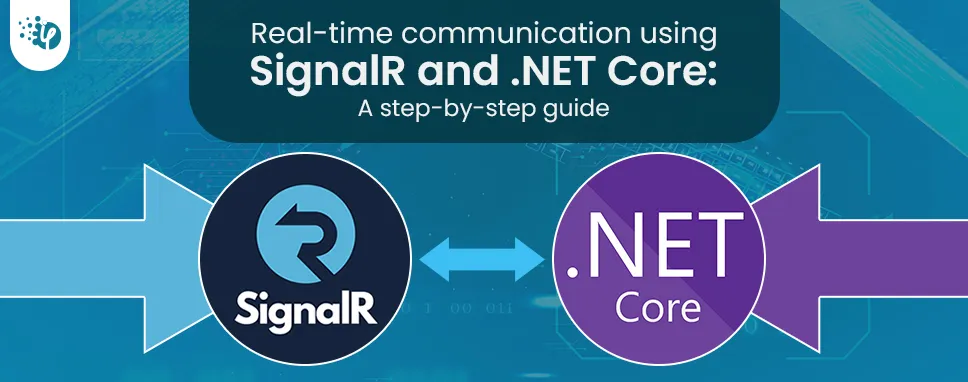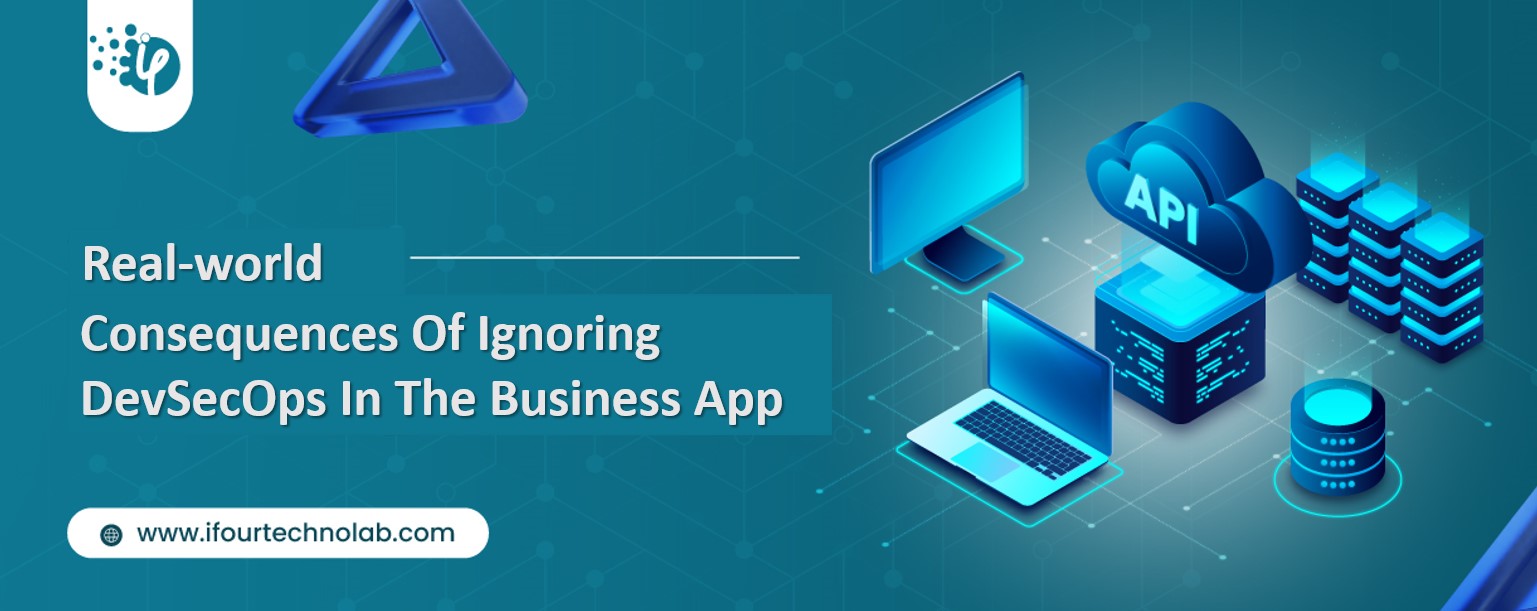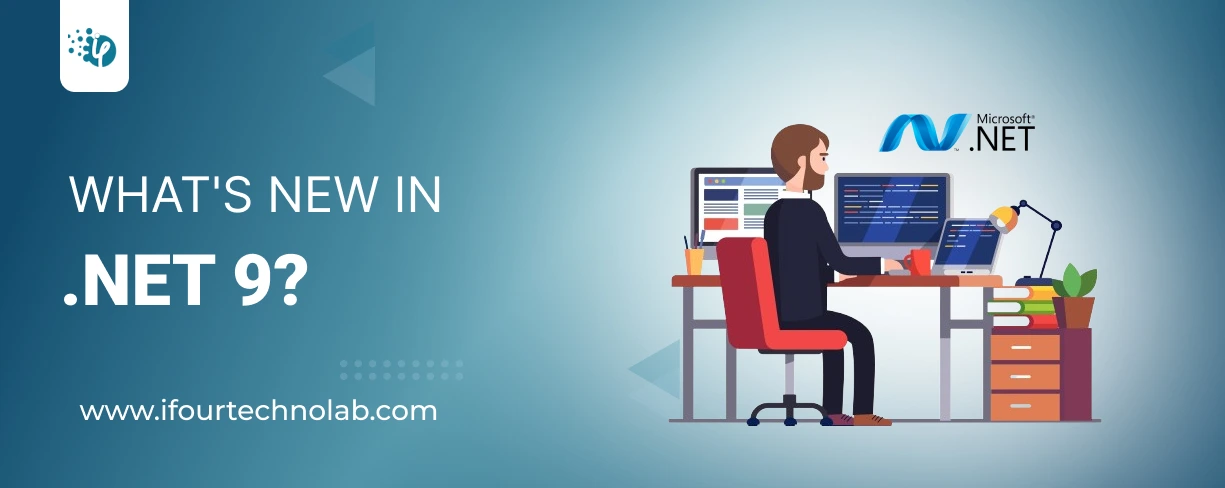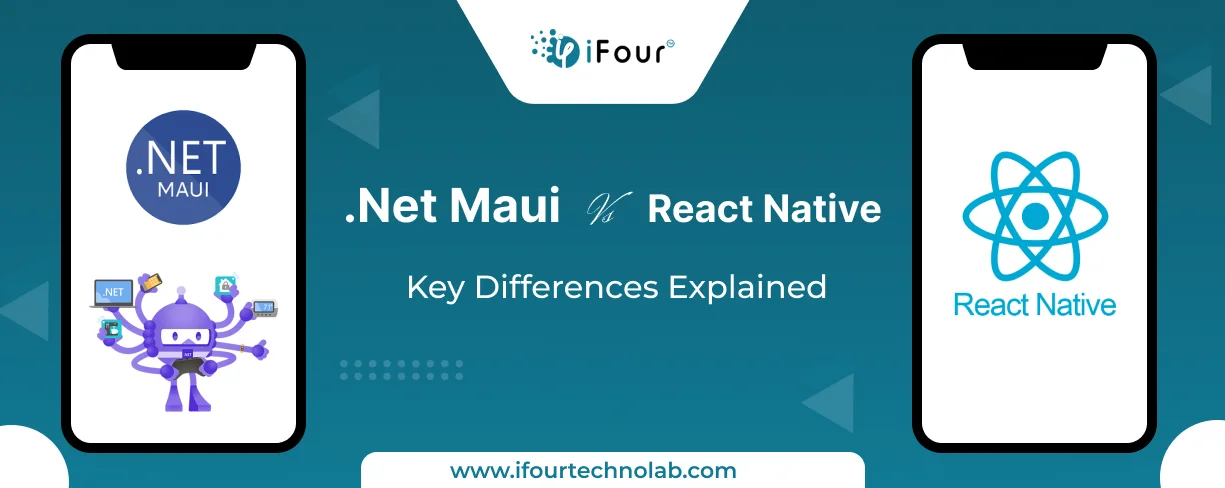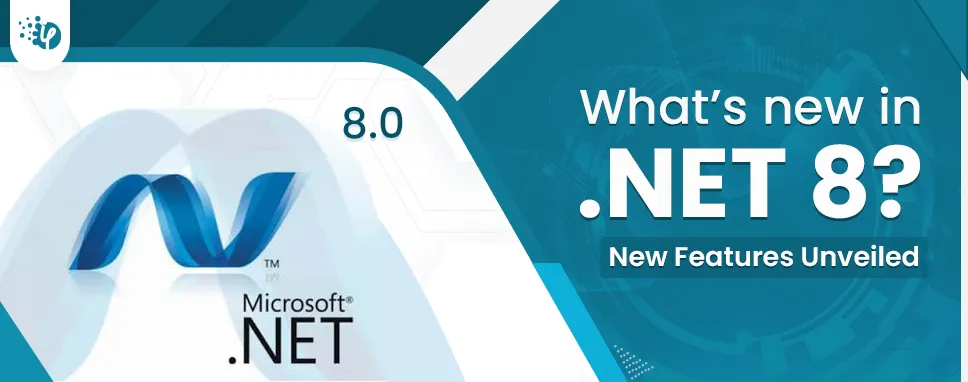Interactive learning experience
The most crucial fallout of using apps in the learning environment is increased interactions between the learners and teachers and among the learners. More interactions obviously bring more engagement and attention resulting in better learning outcomes. It is particularly true for school children who engage with educational apps as new playthings. No wonder, most educational apps these days focus on offering interactive methods for playful learning experiences.
In many educational apps, a smart interface equipped for visual learning facilitates easier engagement. A plethora of content types ranging from visually optimized texts, rich graphics, animations, small videos, and even chatbots allow students to learn, practice and deliver in an extremely engaging manner.
The current integration of Virtual Reality (VR) and Augmented Reality (AR) into educational apps has aided in providing learners with an immersive experience. An AR-based software can help kids learn about plants, trees, and environmental phenomena in a fun way while on an excursion or nature trip. The VR experience provided by educational applications, on the other hand, may let learners feel like astronauts while exploring the Milky Way and star constellations.










